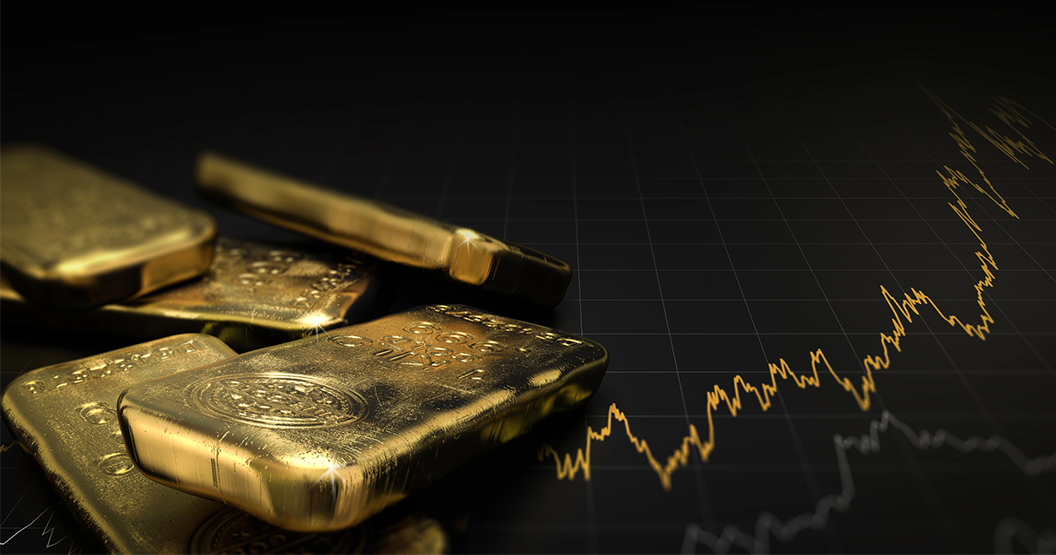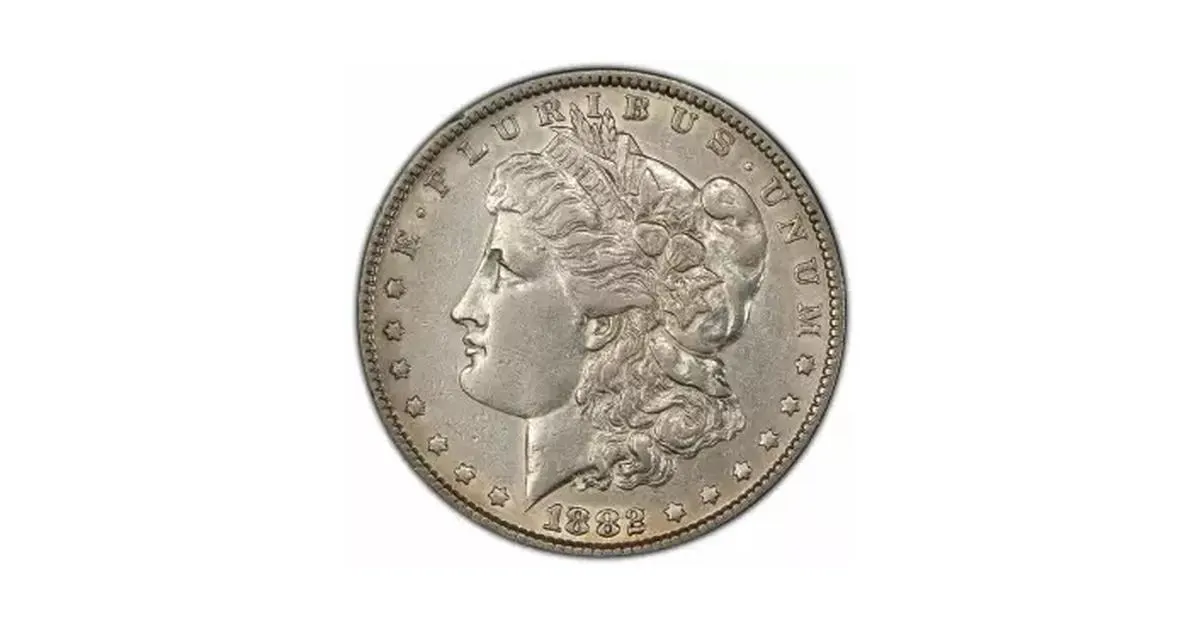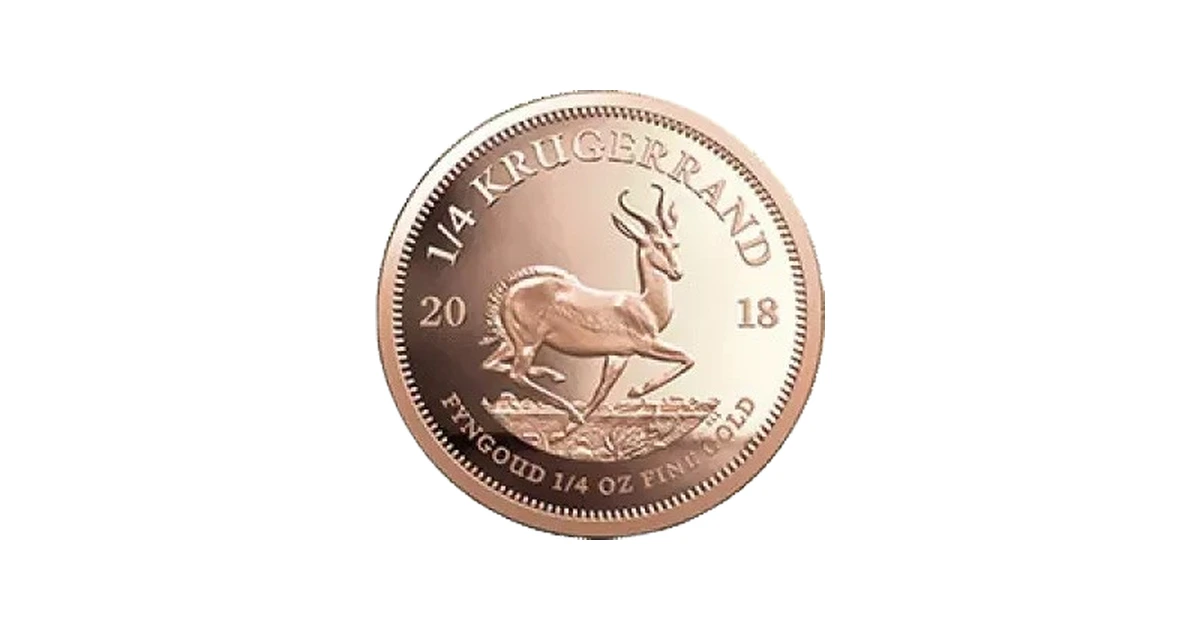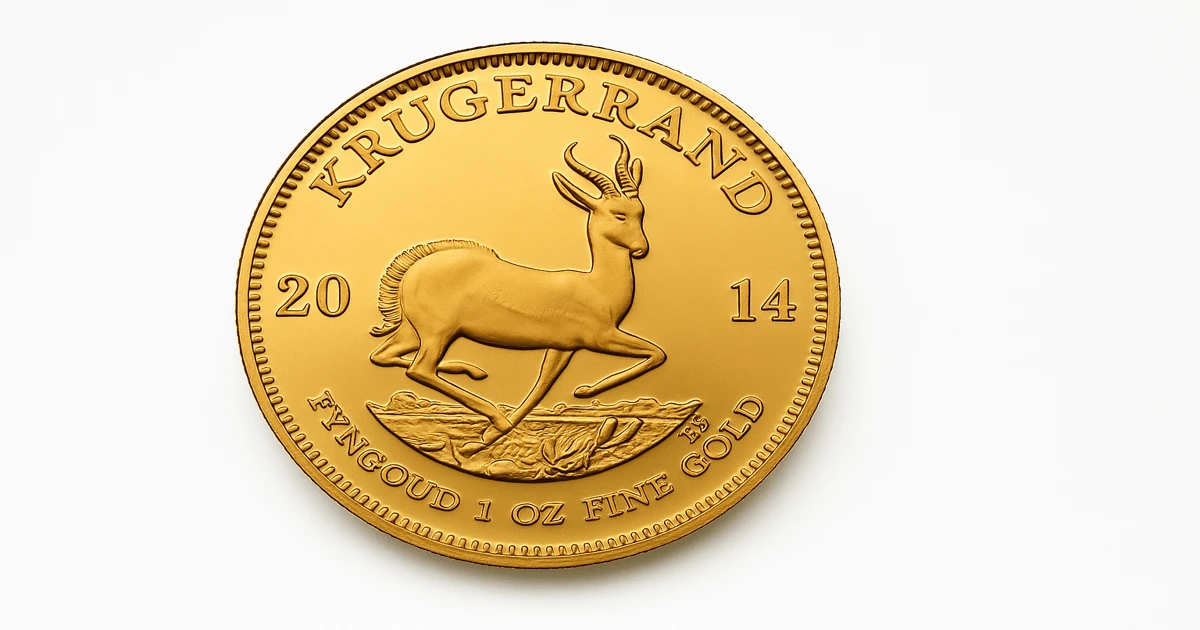
Gold prices climbed to a one-month high during Asian trading on Thursday, driven by a weaker dollar and declining Treasury yields. The current price reflects these changes. Softer consumer inflation data has fueled expectations of interest rate cuts later this year. This has been reported by investing.com
Key Highlights:
- The yellow metal tested the $2,700 per ounce level for the first time in a month.
- Market optimism is growing as easing inflation and a cooling labor market could prompt the Federal Reserve to reduce interest rates further this year.
- Investors are increasingly looking to buy gold as a stable investment amid economic uncertainty.

Factors Influencing Gold Prices
Dollar Weakness and Inflation Slowdown
Gold saw significant gains following softer-than-expected consumer price index (CPI) data for December:
- Headline CPI: Met market expectations.
- Core CPI: Fell short of forecasts, boosting hopes for a more dovish Federal Reserve.
This data, coupled with weaker producer price index (PPI) figures earlier in the week, has increased bets on rate cuts. Analysts now anticipate the Federal Reserve will lower rates twice in 2025, which could further impact gold prices in USD.
Impact of Geopolitical and Economic Events
Geopolitical Developments:
- Safe-haven demand for gold diminished after Israel and Hamas signed a U.S.-brokered ceasefire agreement.
- This eased market tensions and limited gold’s upward momentum.
Economic Uncertainty:
- Upcoming U.S. economic reports and President-elect Donald Trump's inauguration on Monday kept the dollar’s losses in check.
- Global economic reports and events worldwide also play a crucial role in shaping gold prices.
Gold Bullion, Futures, and Spot Prices:
- February gold futures rose by 0.26%, reaching $2,724 per ounce.
- Spot gold retraced gains after an early rally, trading at $2,694 per ounce at the time of writing.
Outlook for Gold in 2025: Historical Data and Predictions
Gold’s performance in 2025 may hinge on several factors:
- Federal Reserve Policy: Lower interest rates typically boost gold prices by reducing the opportunity cost of holding non-yielding assets.
- Dollar Trends: Any sustained weakness in the dollar could further support gold.
- Economic Data: Inflation and labor market indicators will remain key drivers.
- Historical data on gold prices can help investors understand long-term trends and make informed decisions for 2025.
Summary
Gold’s recent rally underscores its sensitivity to macroeconomic shifts, particularly Federal Reserve policy and inflation trends. While easing geopolitical risks have tempered its rise, the metal’s trajectory in 2025 will largely depend on economic developments and central bank actions.
Takeaways for Investors:
- Monitor Federal Reserve announcements and inflation data closely.
- Geopolitical developments can create short-term fluctuations.
- Gold remains a hedge against economic uncertainty and dollar weakness.
- Consider the best times to sell gold based on market conditions and price trends.
If you're seeking expert advice on investing in bullion and coins, please contact us for a free consultation. Our team at Pacific Precious Metals is here to assist you with all your precious metal investment needs. Call us today at 415.383.7411!







